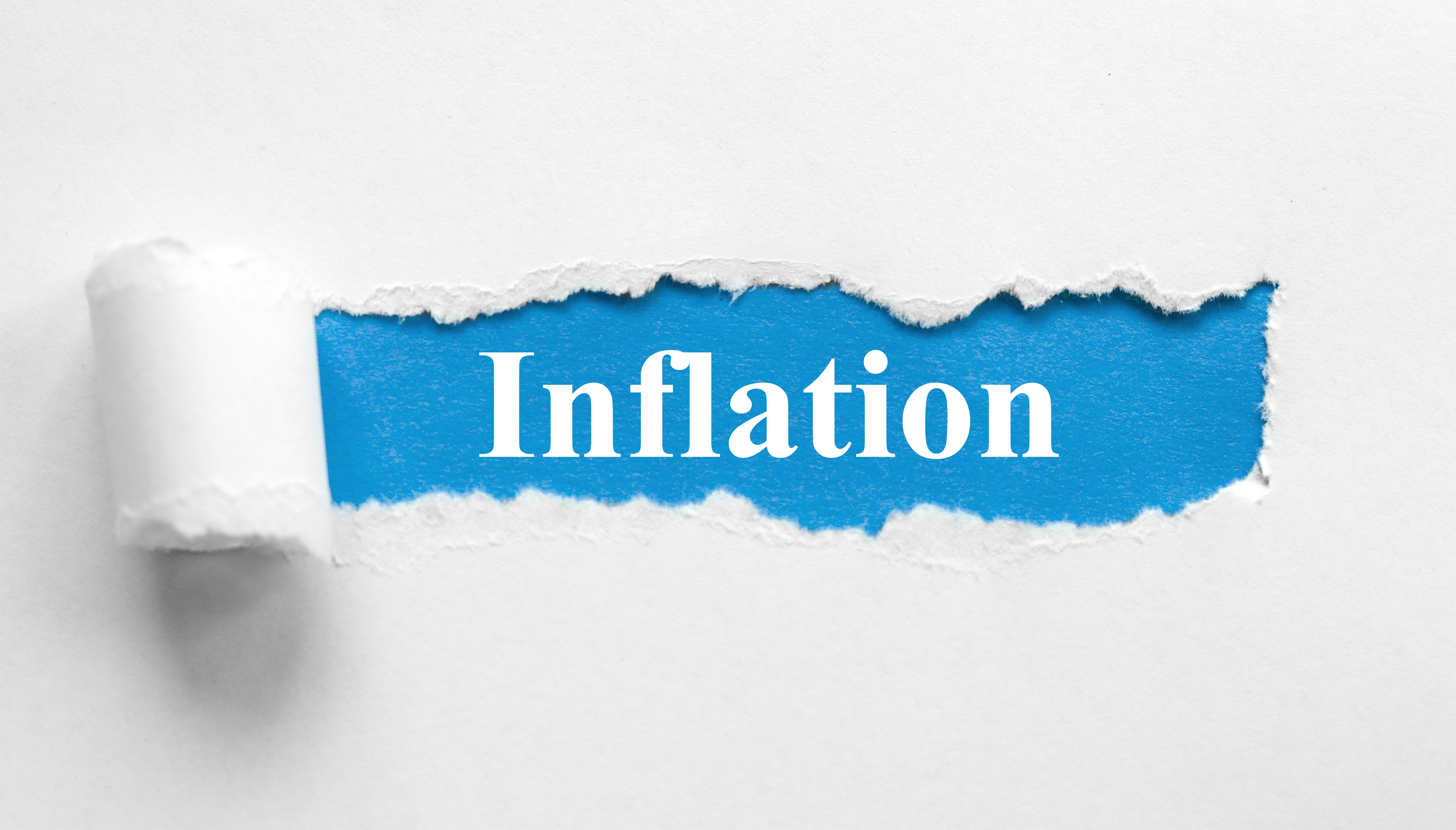Introduction
Inflation is a term that often pops up in news articles and economic discussions, but it can be challenging to understand what it really means and how it impacts our everyday lives. In this blog post, we'll break down the concept of inflation into simple terms and explain its causes, effects, and why it's essential to be aware of it.
What is Inflation?
Inflation is the process of the overall price of goods and services in an economy rising over a period of time. In other words, it means that the purchasing power of money decreases as more money is needed to buy the same products or services that were cheaper in the past.

For Example, The Cost of Bread
To illustrate this, imagine that last year, a loaf of bread cost $1. This year, however, the same loaf of bread costs $1.10. The price increase is an example of inflation. As prices rise, the currency's value (like dollars) decreases because it can buy fewer goods and services than before.
Causes of Inflation
Inflation can occur due to various factors, such as:
Increased demand for goods: When consumers have more money to spend, demand for goods and services increases, driving prices up. Higher production costs: If the costs of raw materials, labor, or other factors in the production process increase, businesses may pass these costs on to consumers, leading to higher prices.
Changes in government policies: Government actions, such as increasing taxes or printing more money, can also contribute to inflation.
Measuring Inflation
Inflation is typically measured by the Consumer Price Index (CPI), which tracks the average change in prices for a basket of goods and services that a typical household purchases. Economists and policymakers can assess the inflation rate and its economic impact by monitoring the CPI.
Click Here to view the Historical CPI levels.
Why Inflation Matters
A moderate level of inflation is considered normal and even healthy for an economy, as it encourages spending and investment. People are more likely to spend their money if they know it will be worth less in the future due to inflation.

Inflation and Housing
Inflation can also significantly impact housing prices, mortgage rates, and overall housing affordability. When inflation is high, the cost of borrowing money for a mortgage typically rises as lenders increase interest rates to account for the decreased purchasing power of money. This can make it more expensive for homebuyers to secure a mortgage, potentially pricing some individuals out of the market.
Moreover, as the overall cost of goods and services rises, so does the cost of construction materials, labor, and land. This can increase housing prices, making it more difficult for potential homebuyers to find affordable options. Higher housing costs can also contribute to increased rental prices, making it more challenging for renters to save for a down payment on a home.
Click Here to research the history of US Home Prices.
Click Here to check out the Housing Affordability Index.
Inflation and Affordability
As the cost of living increases due to inflation, affordability becomes a concern for many households. Rising prices can make it more difficult for individuals and families to save money, invest in their futures, and maintain their standard of living. High inflation can disproportionately affect those on fixed incomes, such as retirees, as their income does not increase to keep pace with rising prices - it erodes the value of money. It can lead to decreased savings and economic instability.
To maintain a balance, central banks, like the Federal Reserve in the United States, often try to control inflation by adjusting interest rates and implementing monetary policies. By raising or lowering interest rates, central banks can influence borrowing and spending behavior, which can help stabilize inflation and promote economic growth.

Conclusion
Inflation is a crucial concept to understand, as it affects our everyday lives, from the prices we pay for goods and services to our savings and investments. Awareness of inflation can help you make informed financial decisions and contribute to a broader understanding of economic trends. Now that you know the basics of inflation, you can keep an eye on how it impacts your financial life and the economy at large.
Extra Credit: To learn how the Feds use the Fed Funds Target Rate to control inflation, check out the blog below.
The Fed Funds Rate - Demystifying the Rate that Impacts Your Wallet





.png)


